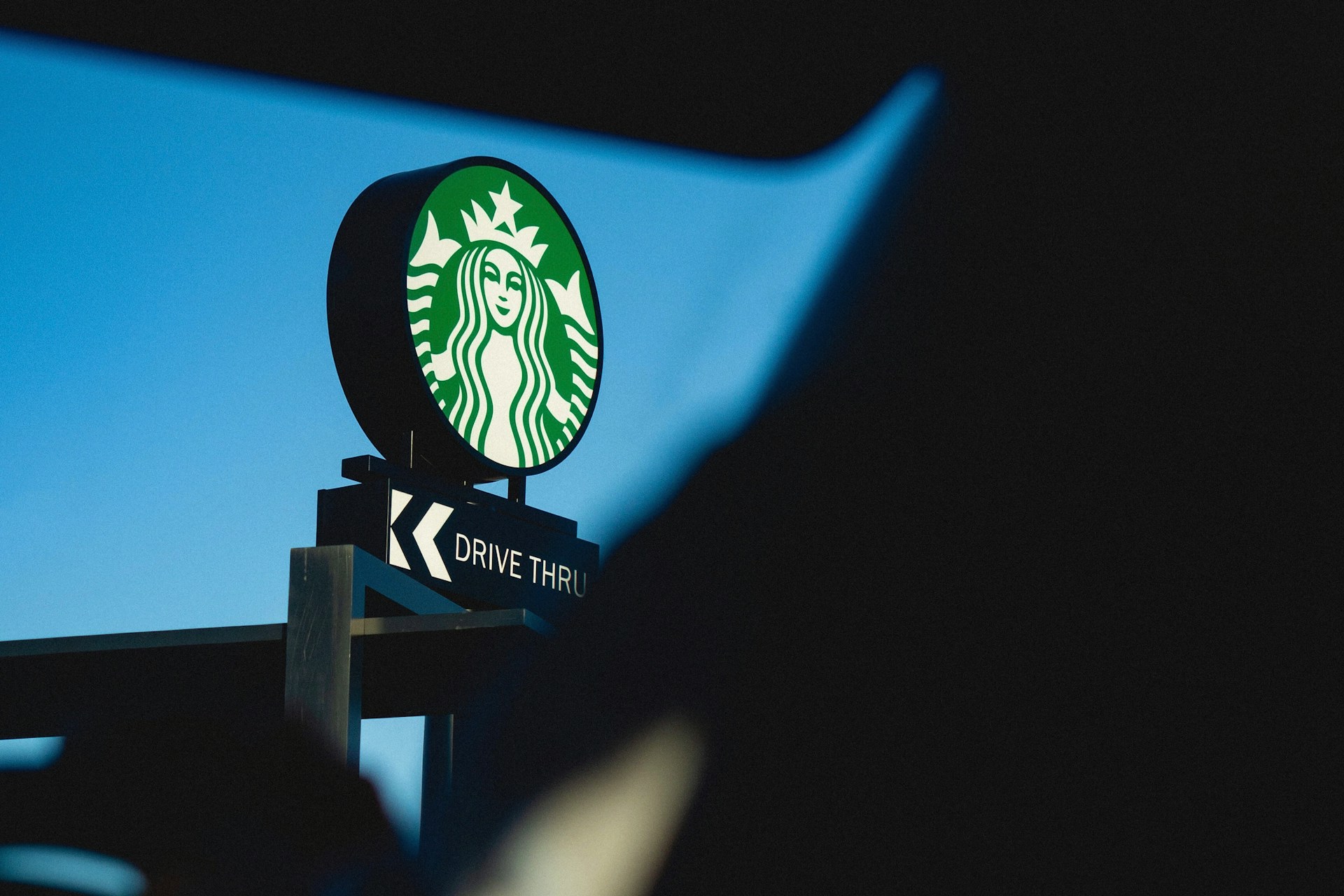Starbucks announced the discontinuation of its Odyssey NFT program, signaling a shift in strategy amidst the evolving landscape of Web3 initiatives. The move comes as the company seeks to adapt its approach to customer engagement.
Insights from Starbucks Odyssey Leader Shed Light on Web3's Impact and Loyalty Programs
In February, TechCrunch interviewed the program's leader, Steve Kaczynski, for the "Chain Reaction" podcast. On Friday, he posted a post on X and tweeted that his future with the company was uncertain.
"Brand anchors" to gated areas like reward programs are something that companies will expand upon in 2024, he shared on TechCrunch’s "Chain Reaction" podcast. "I think this year we're going to see a lot of community-based brand building," Kaczynski added.
Starbucks launched Starbucks Odyssey in 2022 as its first foray into the Web3 world. As previously reported by TechCrunch, the experience combined the Starbucks Reward loyalty program with NFTs to improve customer experiences.
"We're able to help people find their tribe," Kaczynski said. “I've seen that people who live in California in the Starbucks Odyssey community are really good friends with people in Chicago, and they have met up in real life at times. This never would have happened if not for Web3."
According to Kaczynski, the loyalty program has five tiers and over 58,000 active participants on at least level one, "I can promise you those aren't mostly or all web3 native people … it's not just web3 people who are participating."
In addition, Kaczynski said those who reached tier five of the program purchased a "decent amount" from secondary marketplaces. Starbucks, for example, announced in December that it would send the top 20 participants to Costa Rica to visit the coffee giant's bean-producing farms.
NFTs Beyond Corporate Giants: Unlocking Loyalty and Engagement for Businesses of All Sizes
Other "third-party utilities" will be developed using NFTs, not just by big companies like Starbucks or Nike but also by small businesses that want to start loyalty programs or use tickets as an asset to anchor and incentivize.
Kaczynski used the following example: suppose Hot Pockets, a food brand, ran a promotion offering gamers a 20% discount if they purchased the brand's Fortnite skin and linked it to a cryptocurrency wallet, "The purchaser is happy, the eater is happy and they get a discount and they're in the ecosystem," he stated. "This person isn't just a gamer, they're an active gamer who's participating and willing to spend disposable income on third-party things."
When people think of NFTs, they often think of expensive monkey pictures on the internet — which, to be fair, is part of the appeal of Bored Ape Yacht Club — but Kaczynski believes there is more value in owning NFTs.
"Imagine you go into a museum, and you see a beautiful painting on the wall, you can take a picture of that painting but it's not worth any money. The picture on the wall is worth money because the museum owns it, it's the original and they can prove both of those things," Kaczynski said. "Up until recently you couldn't do that with digital items" until NFTs came out.
Brands and companies can buy and sell, and " truly owning your loyalty is a new concept that makes it less one-way," according to Kaczynski. While not all community members engage in buying and selling … I think for a lot of people, having that optionality is so important."
Photo: Hamza Inayat/Unsplash



 Sam Altman Reaffirms OpenAI’s Long-Term Commitment to NVIDIA Amid Chip Report
Sam Altman Reaffirms OpenAI’s Long-Term Commitment to NVIDIA Amid Chip Report  FxWirePro- Major Crypto levels and bias summary
FxWirePro- Major Crypto levels and bias summary  Anthropic Eyes $350 Billion Valuation as AI Funding and Share Sale Accelerate
Anthropic Eyes $350 Billion Valuation as AI Funding and Share Sale Accelerate  Google Cloud and Liberty Global Forge Strategic AI Partnership to Transform European Telecom Services
Google Cloud and Liberty Global Forge Strategic AI Partnership to Transform European Telecom Services  SpaceX Updates Starlink Privacy Policy to Allow AI Training as xAI Merger Talks and IPO Loom
SpaceX Updates Starlink Privacy Policy to Allow AI Training as xAI Merger Talks and IPO Loom  Missouri Judge Dismisses Lawsuit Challenging Starbucks’ Diversity and Inclusion Policies
Missouri Judge Dismisses Lawsuit Challenging Starbucks’ Diversity and Inclusion Policies  Tencent Shares Slide After WeChat Restricts YuanBao AI Promotional Links
Tencent Shares Slide After WeChat Restricts YuanBao AI Promotional Links  TSMC Eyes 3nm Chip Production in Japan with $17 Billion Kumamoto Investment
TSMC Eyes 3nm Chip Production in Japan with $17 Billion Kumamoto Investment  Nvidia CEO Jensen Huang Says AI Investment Boom Is Just Beginning as NVDA Shares Surge
Nvidia CEO Jensen Huang Says AI Investment Boom Is Just Beginning as NVDA Shares Surge  Rio Tinto Shares Hit Record High After Ending Glencore Merger Talks
Rio Tinto Shares Hit Record High After Ending Glencore Merger Talks  AMD Shares Slide Despite Earnings Beat as Cautious Revenue Outlook Weighs on Stock
AMD Shares Slide Despite Earnings Beat as Cautious Revenue Outlook Weighs on Stock 
































